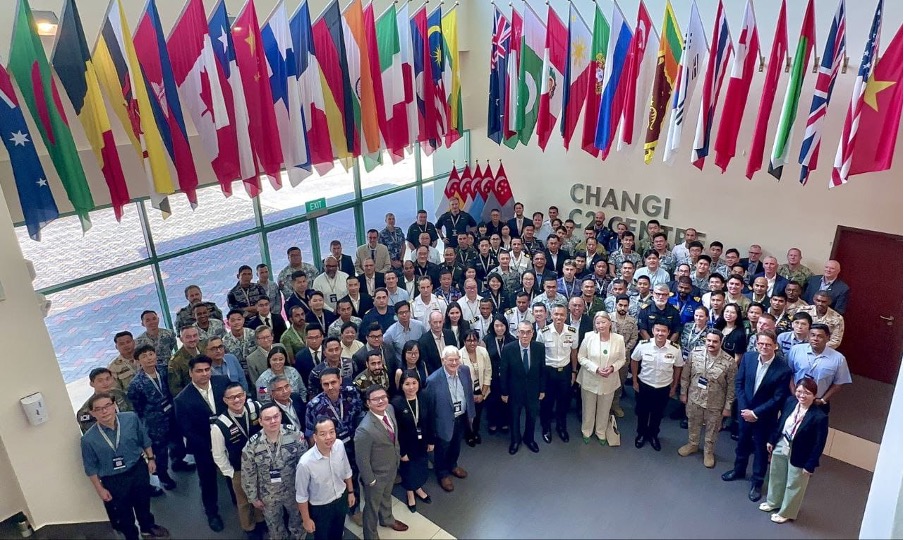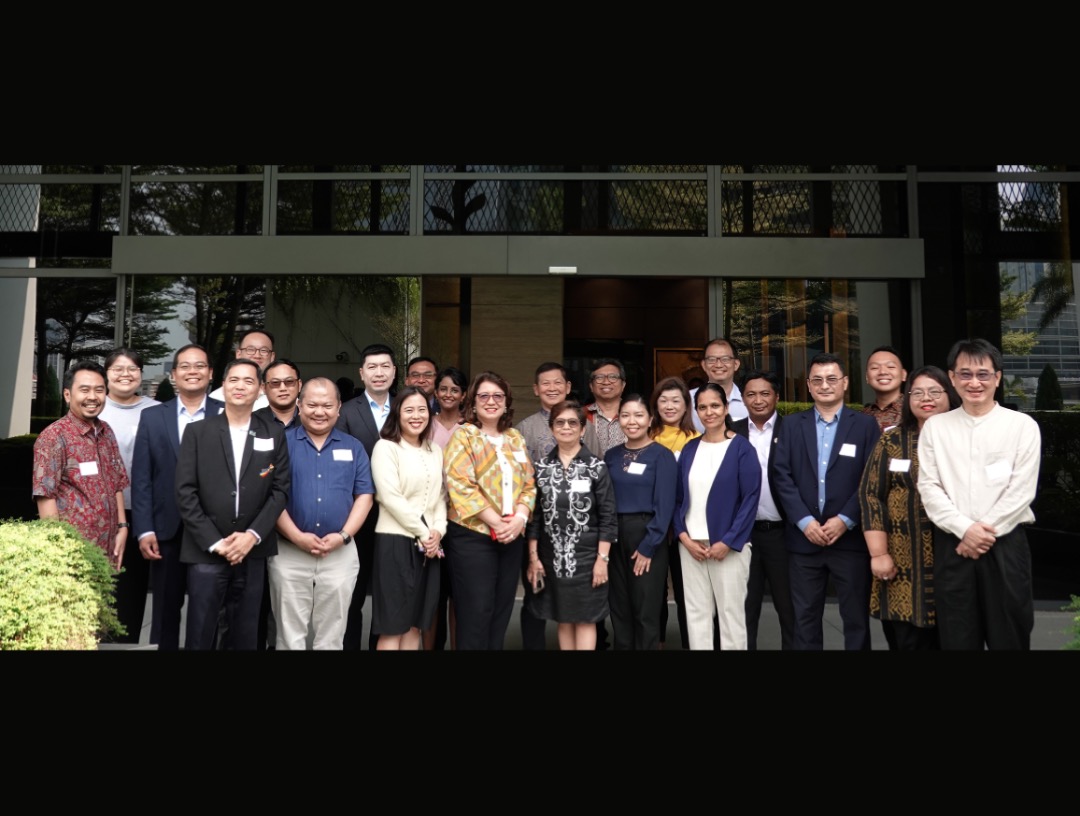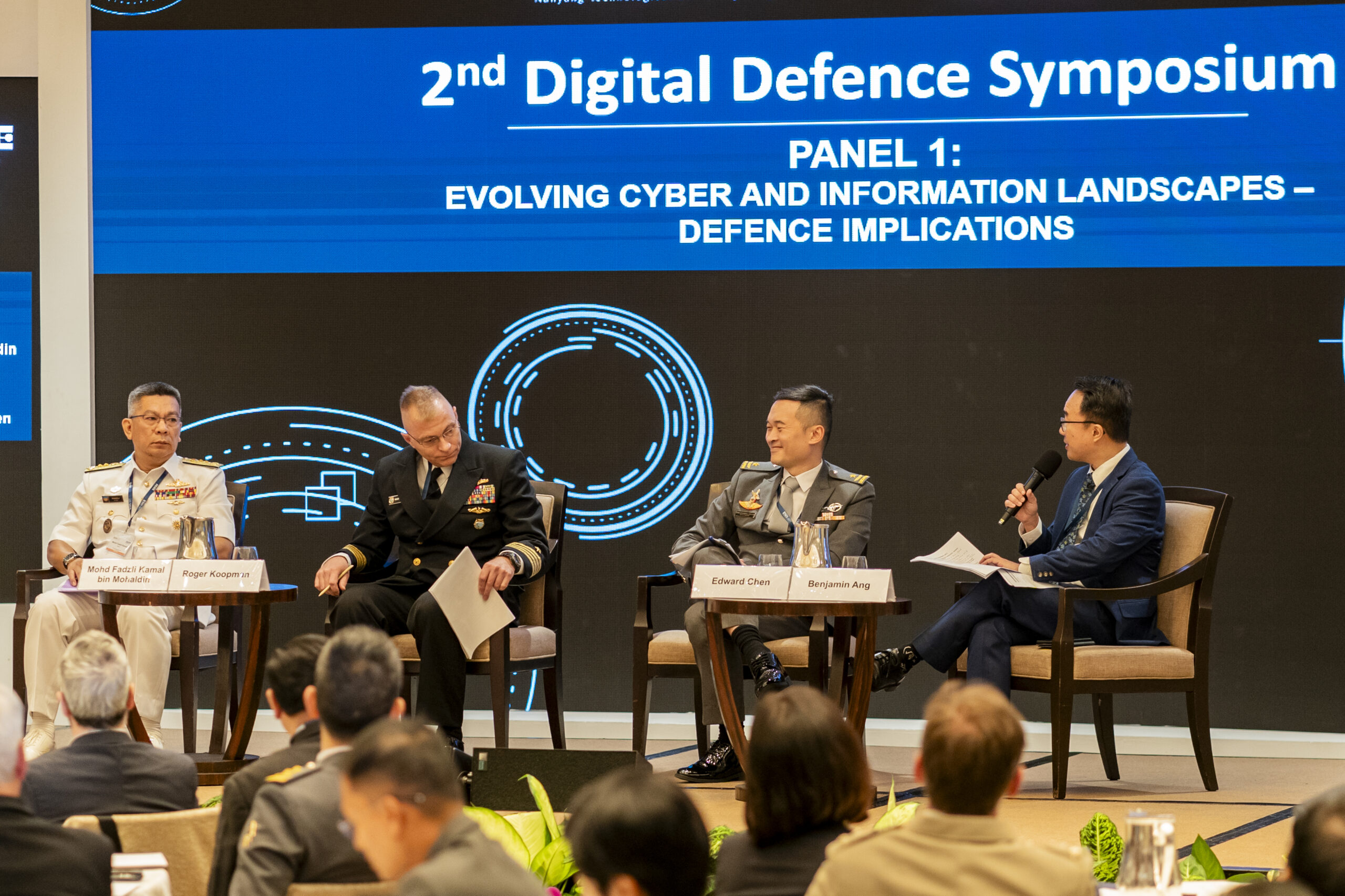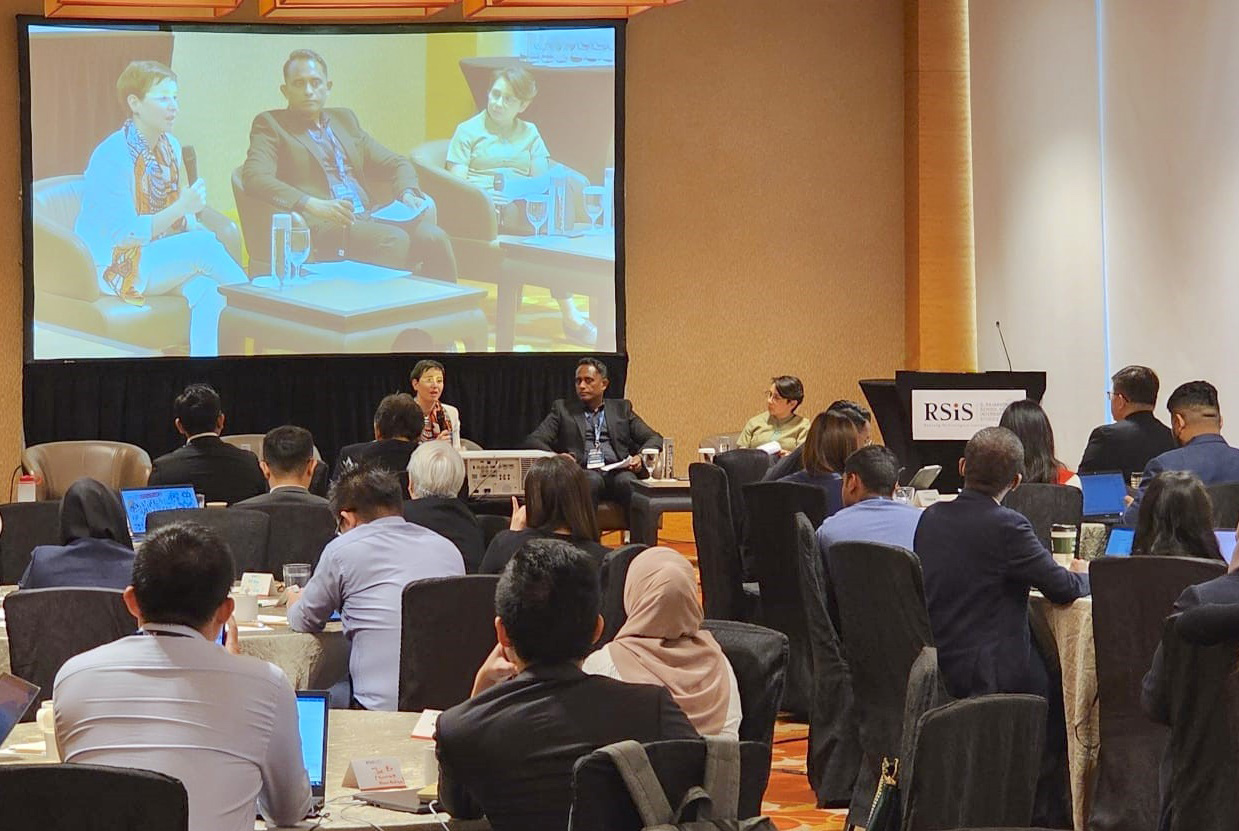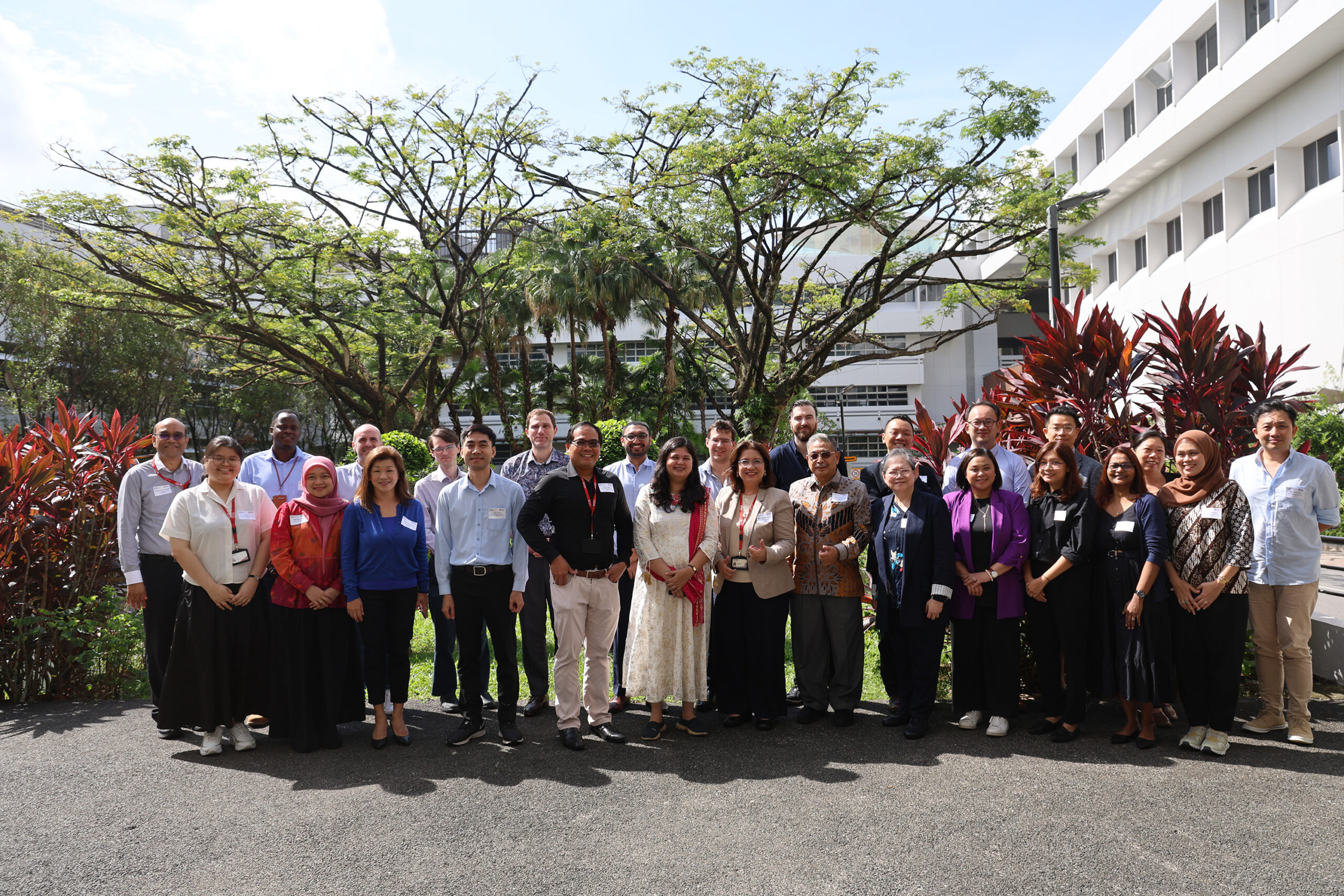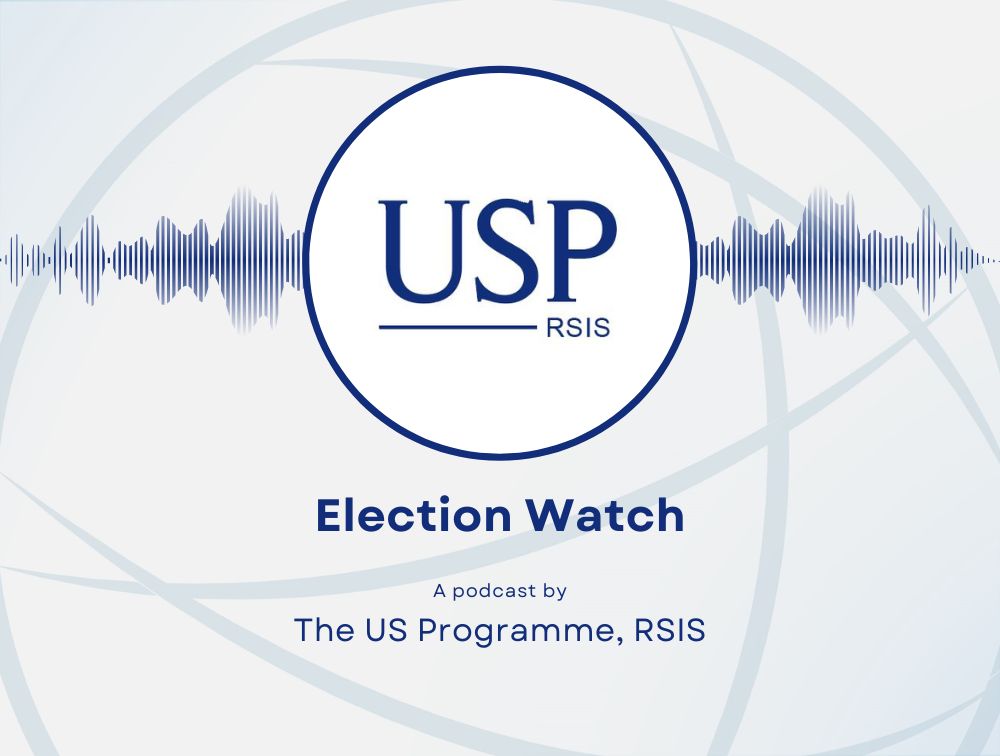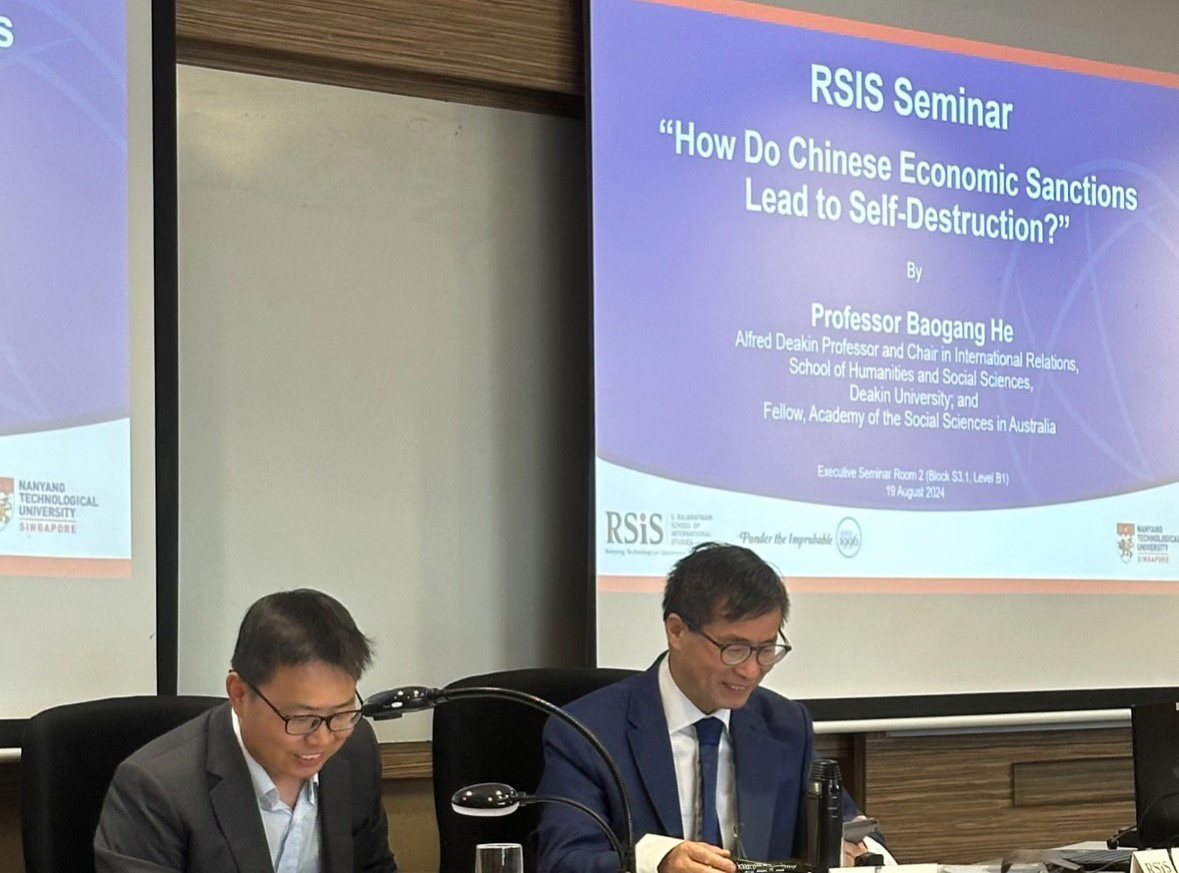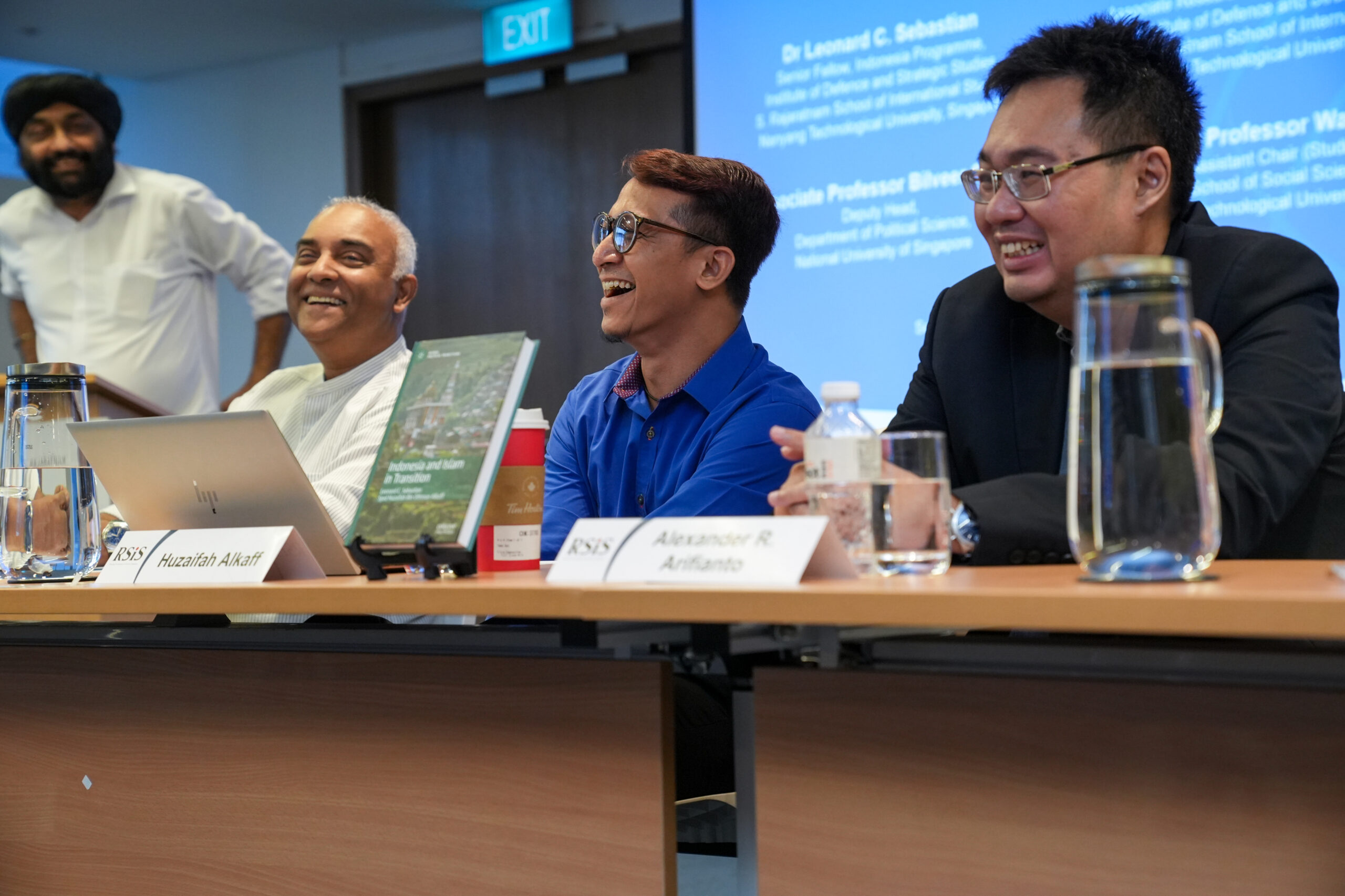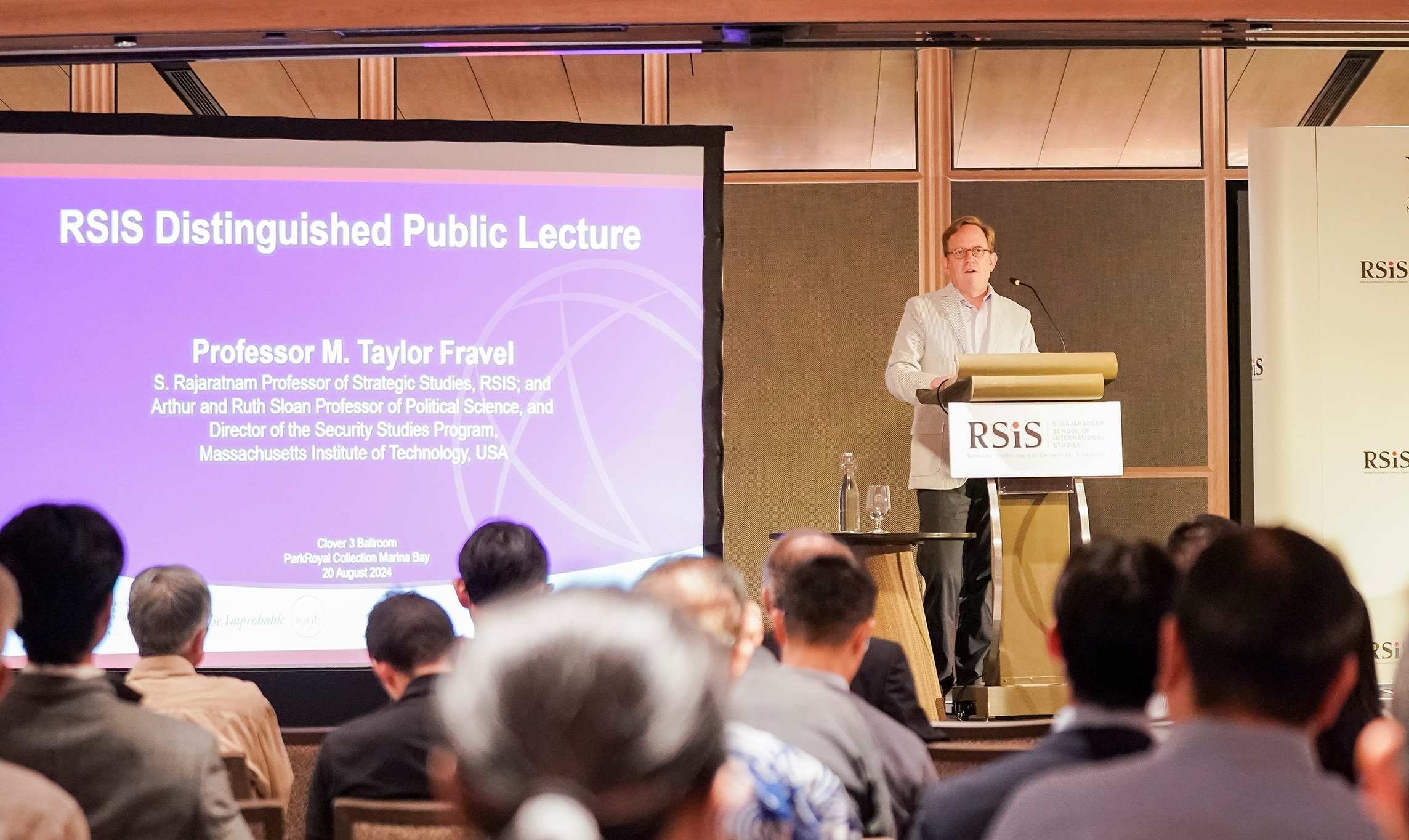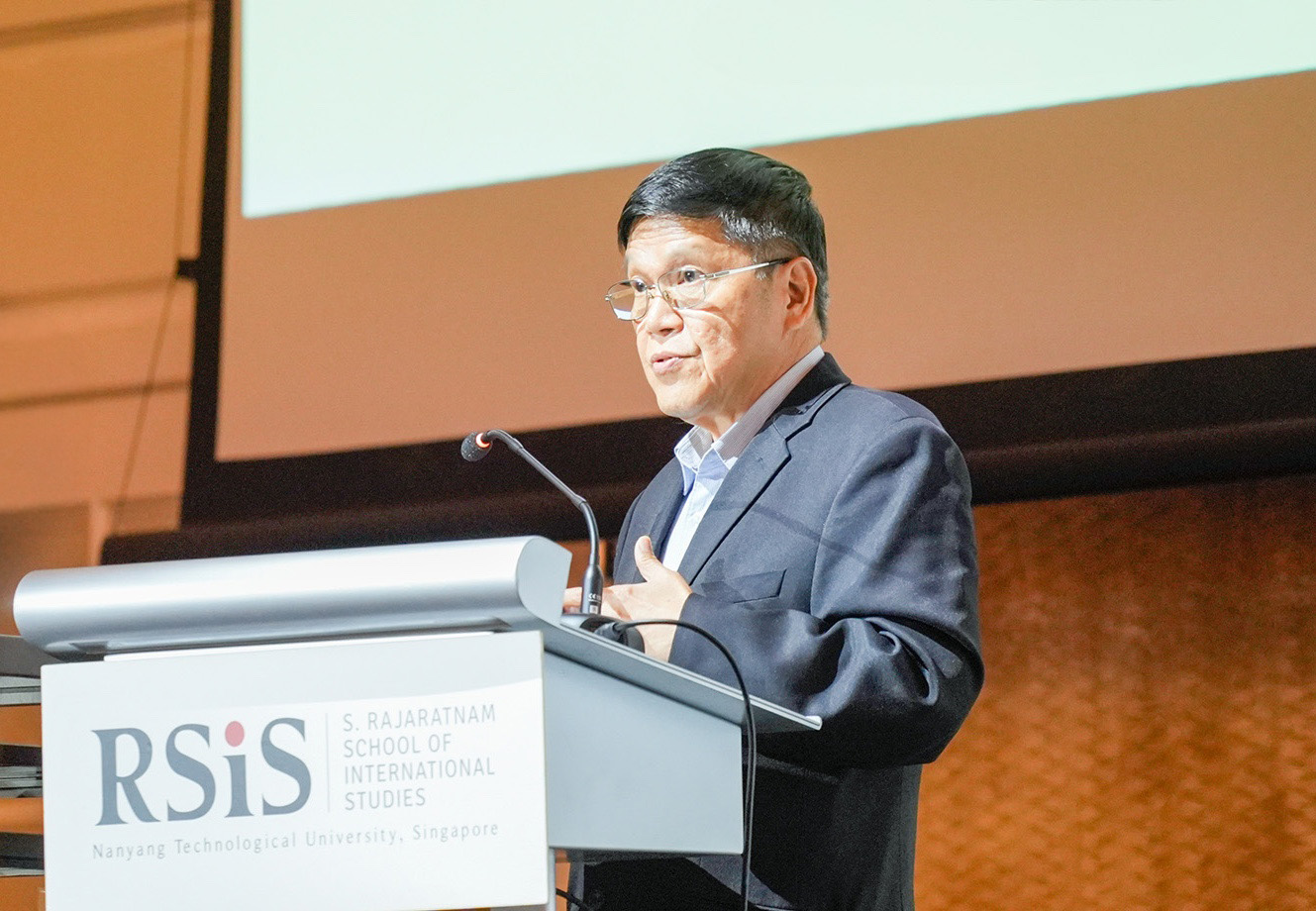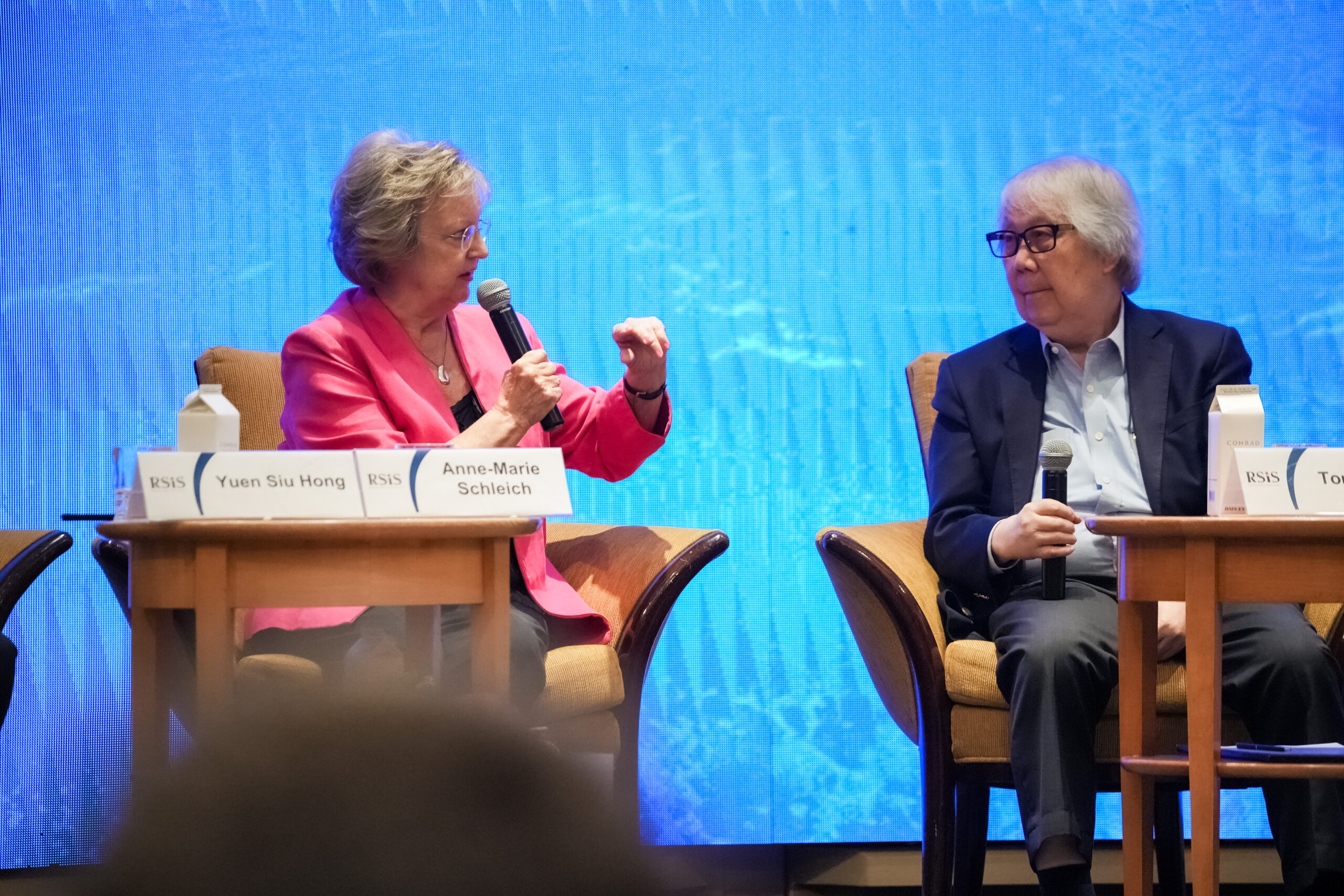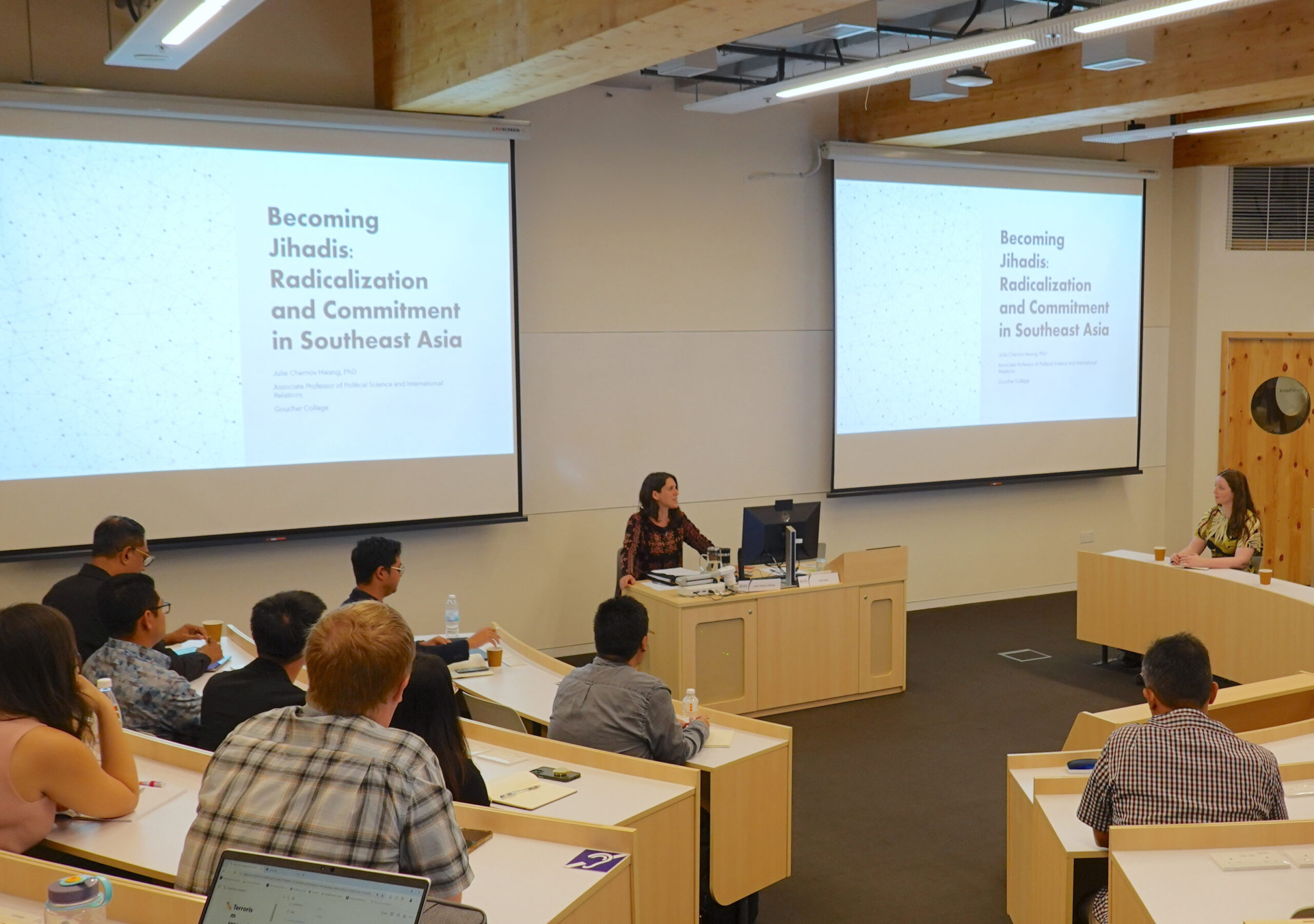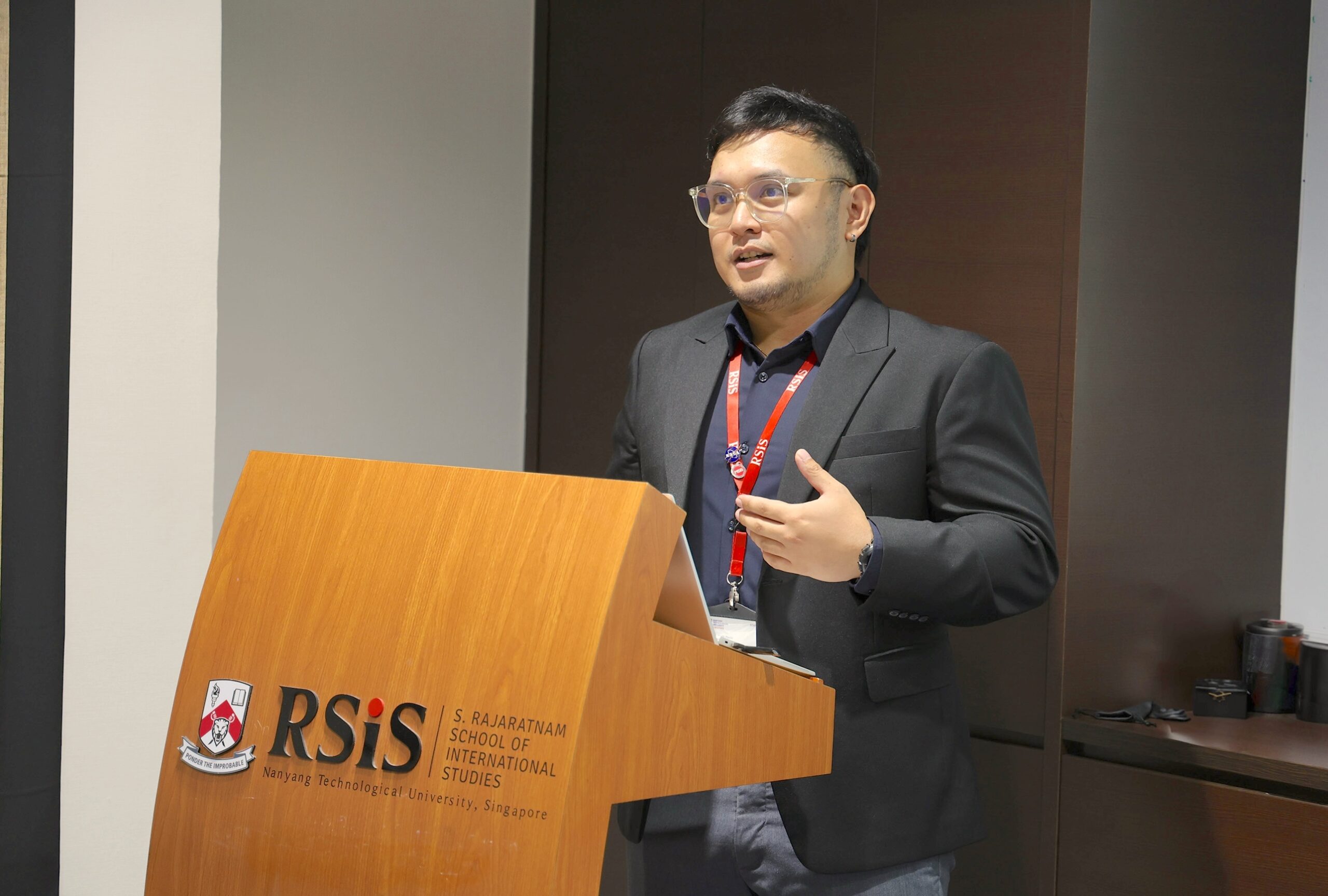

Professor M. Taylor Fravel, S. Rajaratnam Professor in Strategic Studies at RSIS, Arthur and Ruth Sloan Professor of Political Science, and Director of the Security Studies Program at Massachusetts Institute of Technology, delivered an RSIS seminar titled “China’s Quest for International Influence: China’s Belt and Road Initiative and Three Global Initiatives” on 22 August 2024.
Prof Fravel began his remarks by exploring the factors influencing when and why states join China’s Belt and Road Initiative (BRI). He noted that democracies are much less likely to join the BRI compared to non-democracies, while states with higher levels of trade with China are more likely to participate. He found that factors such as security ties, infrastructure, corruption, wealth, market size, and political affinity with China do not significantly influence a state’s decision to join the BRI. Prof Fravel also posited that the overall impact of BRI participation on economic interactions with China is uneven and often not statistically significant. The pathway with the greatest potential for China to exert influence is through contract funding, but this effect diminishes quickly.
Prof Fravel argued that the BRI has been downgraded to a “platform for action”, while China has increasingly focused on integrating its three global initiatives into the “Community of Common Destiny for Mankind” framework as “strategic guidance”. He specifically emphasised the Global Security Initiative (GSI), which centres on “six commitments” and identifies 20 priority areas for cooperation, highlighting the importance of utilising “cooperation platforms and mechanisms”. Despite ongoing implementation efforts, Prof Fravel noted that many states have not formally supported the GSI in joint statements or documents, and only a few regional organisations have endorsed or referenced it. In Southeast Asia, opinions are divided on whether the GSI will benefit the region.
Prof Fravel concluded by discussing the prospects for the GSI, noting that there has been limited success with existing platforms. He also pointed out that framing the GSI as a counter to the US may deter some states from deep participation, and its broad scope could limit the ability to mobilise support. He cautioned against overestimating the influence of China’s initiatives.






